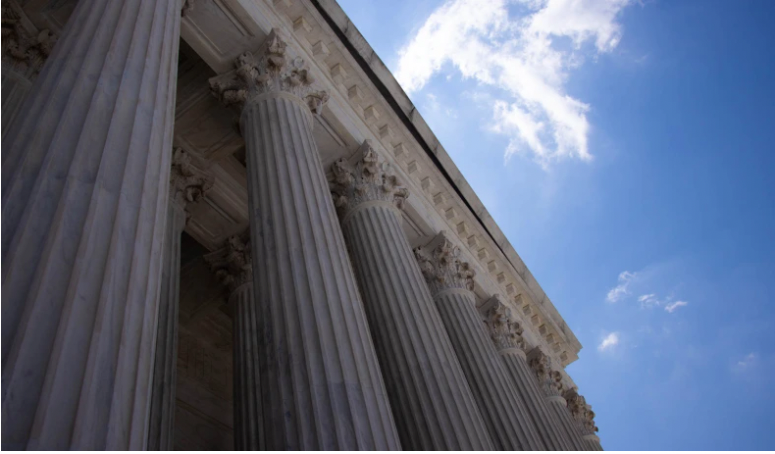
The Supreme Court on Tuesday ruled that it is unconstitutional for Maine to exclude religious schools from a program that provides tuition assistance for students to attend private schools.
The Court, in a 6-3 ruling in Carson v. Makin, found that the program violates the free exercise clause of the First Amendment.
The program requires rural communities without public secondary schools to either sign contracts with nearby public schools or to pay tuition at a private school chosen by parents that is a “nonsectarian school in accordance with the First Amendment of the United States Constitution.”
The case stems from a lawsuit filed by two families in Maine who send or want to send their children to religious schools. The families argued the restriction violated their right to freely exercise their faith.
Chief Justice John Roberts wrote in the majority opinion that while “a state need not subsidize private education” that “once a state decides to do so, it cannot disqualify some private schools solely because they are religious.”
“Maine’s ‘nonsectarian’ requirement for its otherwise generally available tuition assistance payments violates the Free Exercise Clause of the First Amendment,” Roberts wrote. “Regardless of how the benefit and restriction are described, the program operates to identify and exclude otherwise eligible schools on the basis of their religious exercise.”











